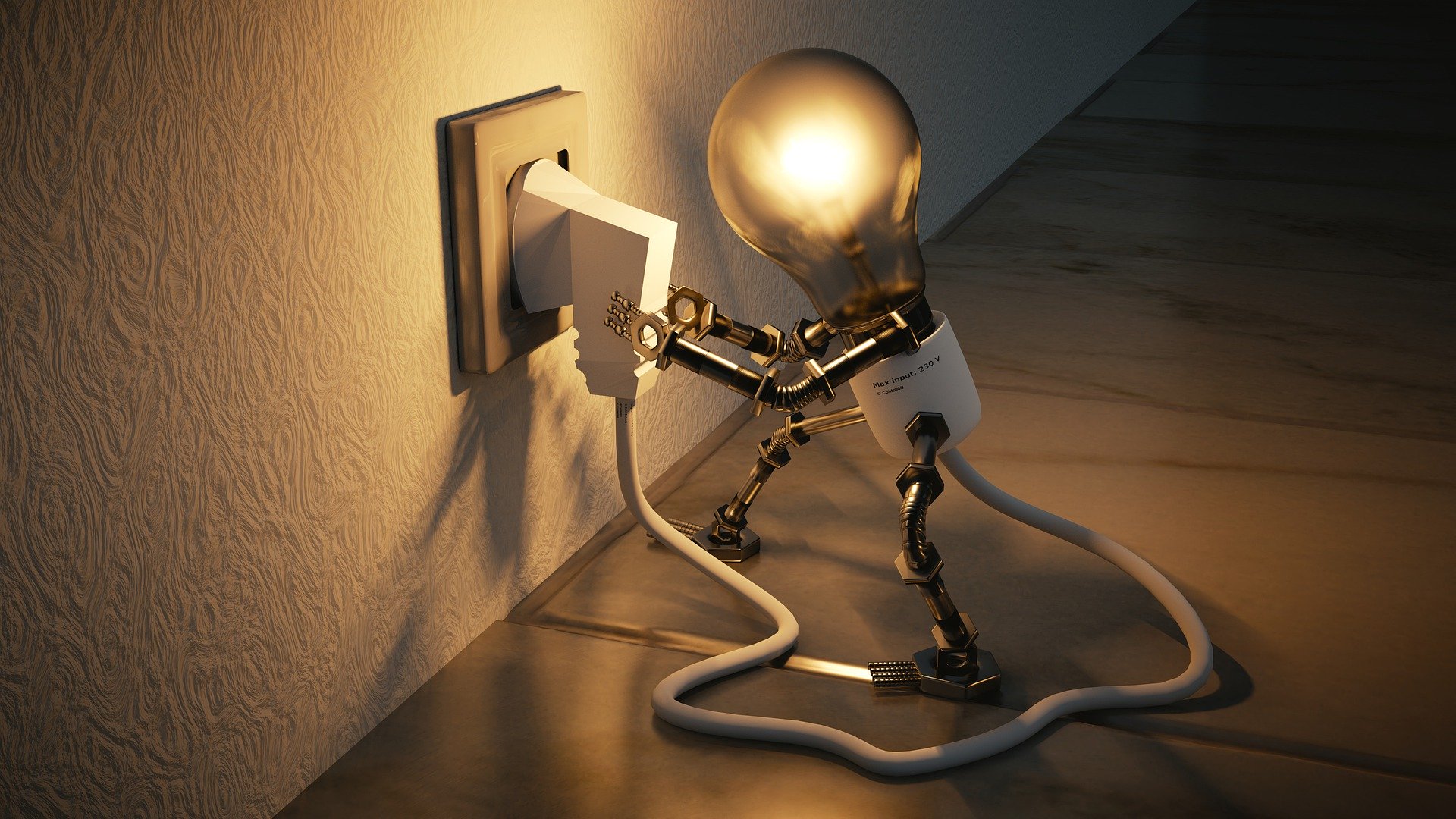When we enter adulthood, we often throw away valuable traits.
I sat near a child in an airport today who kept asking questions, exploring, and smiling.
When’s the last time you saw an adult act similarly?
Humans surrender traits once they enter the land of bureaucracy (adulthood), whether in a cubicle or another space, but those features make companies human.
Creativity shows companies think of you as a customer instead of a liability. Spirit airlines paints the word “Howdy” on their wings seen from inside the plane.
Jokes on a Lansing company billboard for tires: “Invite us to your next blowout.”
Landlords who place “welcome home” signs in the parking lots
Companies who still offer pensions and 401ks matches
All good businesses think of customers first, even if they don’t profit directly from those outreaches—for example, my landlord posts local events, new companies in the area, and more.
She takes time out of her busy day to make sure tenants know what’s going on, and I’m sure her turnover rate reflects her efforts.
Humans are inherently creative. Quirks define personality, without which we would be no different from robots on an assembly line.
Robots and computers work well in simple situations.
But they can’t solve complex human problems.
All businesses are run by humans, which it would benefit them to better display.
It’s easier to say, “corporate rejected your requested time off for your mother’s funeral than Daniel did.
When you’re expected to act as a homogenous unit alongside hundreds of cubicles around you, you start “tunneling” — blindly following people who probably don’t know what they’re doing either.
Years later, when outsiders ask why you don’t use a more straightforward method, entrenched workers respond, “that’s how we’ve always done it.”
Those may be the most expensive words in business.
Businesses exist to solve problems, not to follow a manual.
That’s what differentiates good companies from the bad.
